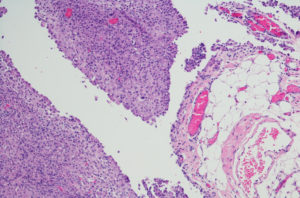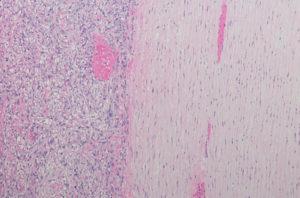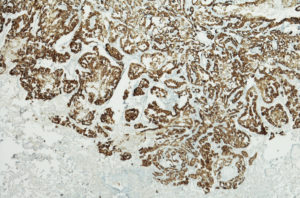- Mesothelioma Law Firm
- Mesothelioma
- What Is Mesothelioma?
- Locations We Serve Mesothelioma Clients
- Types of Mesothelioma
- Free Mesothelioma E-Book
- Stages of Mesothelioma
- Mesothelioma Symptoms
- Mesothelioma Diagnosis
- Getting a Second Opinion
- Mesothelioma Treatment
- Mesothelioma Clinical Trials
- Finding a Cure for Mesothelioma
- Stage 4 Mesothelioma
- Veterans and Mesothelioma
- Leading Medical Centers for Mesothelioma Treatment
- How to Choose Your Mesothelioma Doctor
- Asbestos
- About
- Testimonials
- Contact





